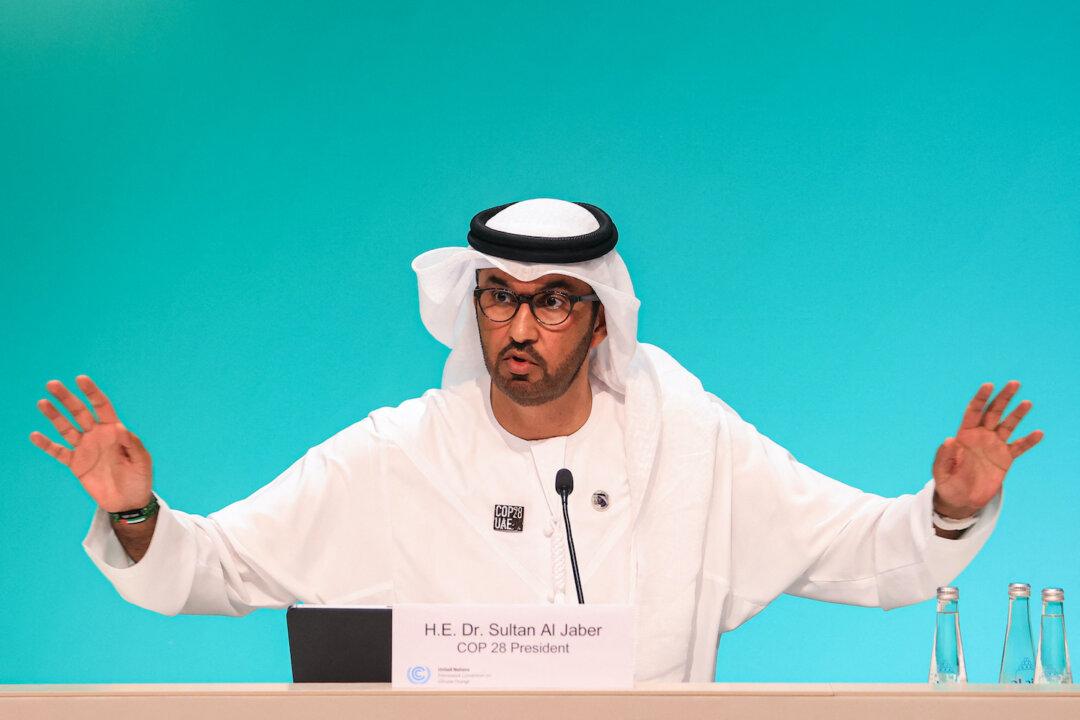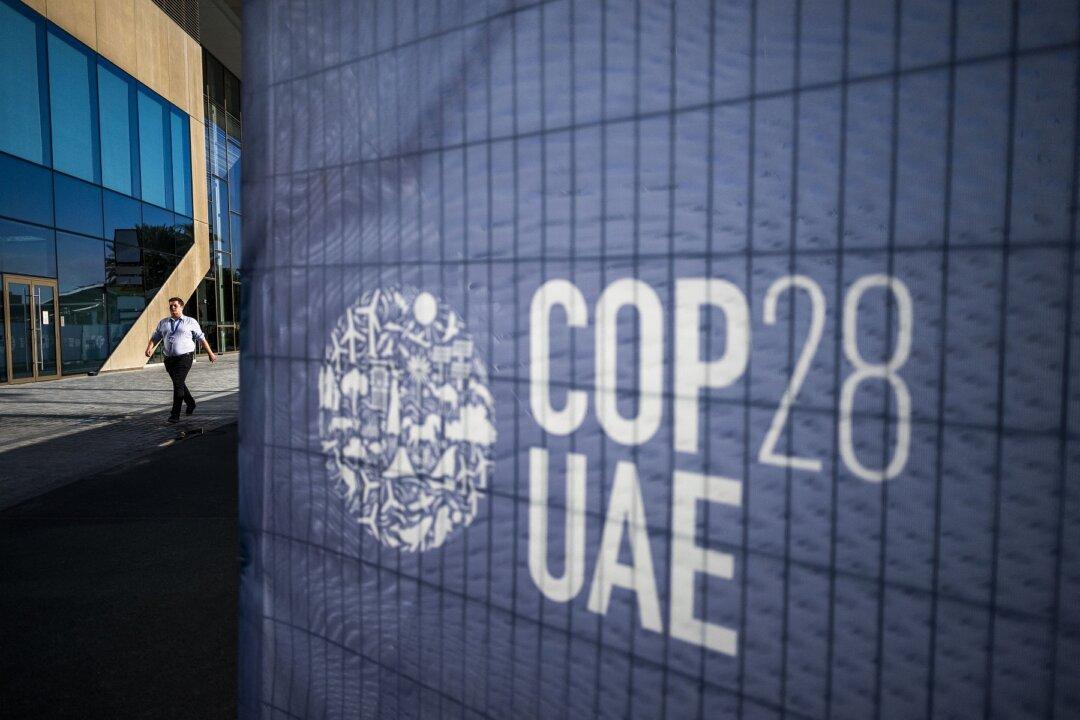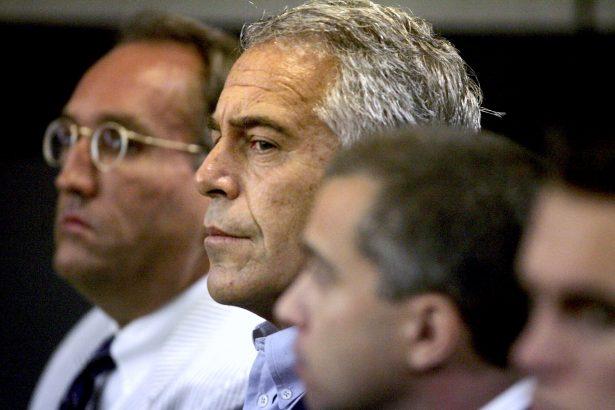Commentary
Thousands of busybodies have descended on Abu Dhabi, United Arab Emirates (UAE), to forestall what they see as an imminent apocalypse. The 28th meeting of the Conference of the Parties to the U.N. Framework Convention on Climate Change (COP28) being held in Dubai, UAE, is presided over by its president, Sultan Ahmed Al Jaber, UAE minister of industry and advanced technology and UAE special envoy for climate change. Mr. Al Jaber is also the CEO of ADNOC, the state-owned Abu Dhabi National Oil Co., and chairman of Masdar, otherwise known as the Abu Dhabi Future Energy Co., a state-owned renewable energy firm. The irony of an oil executive leading a meeting intended to eliminate fossil fuels from the world economy wasn’t lost on participants.





